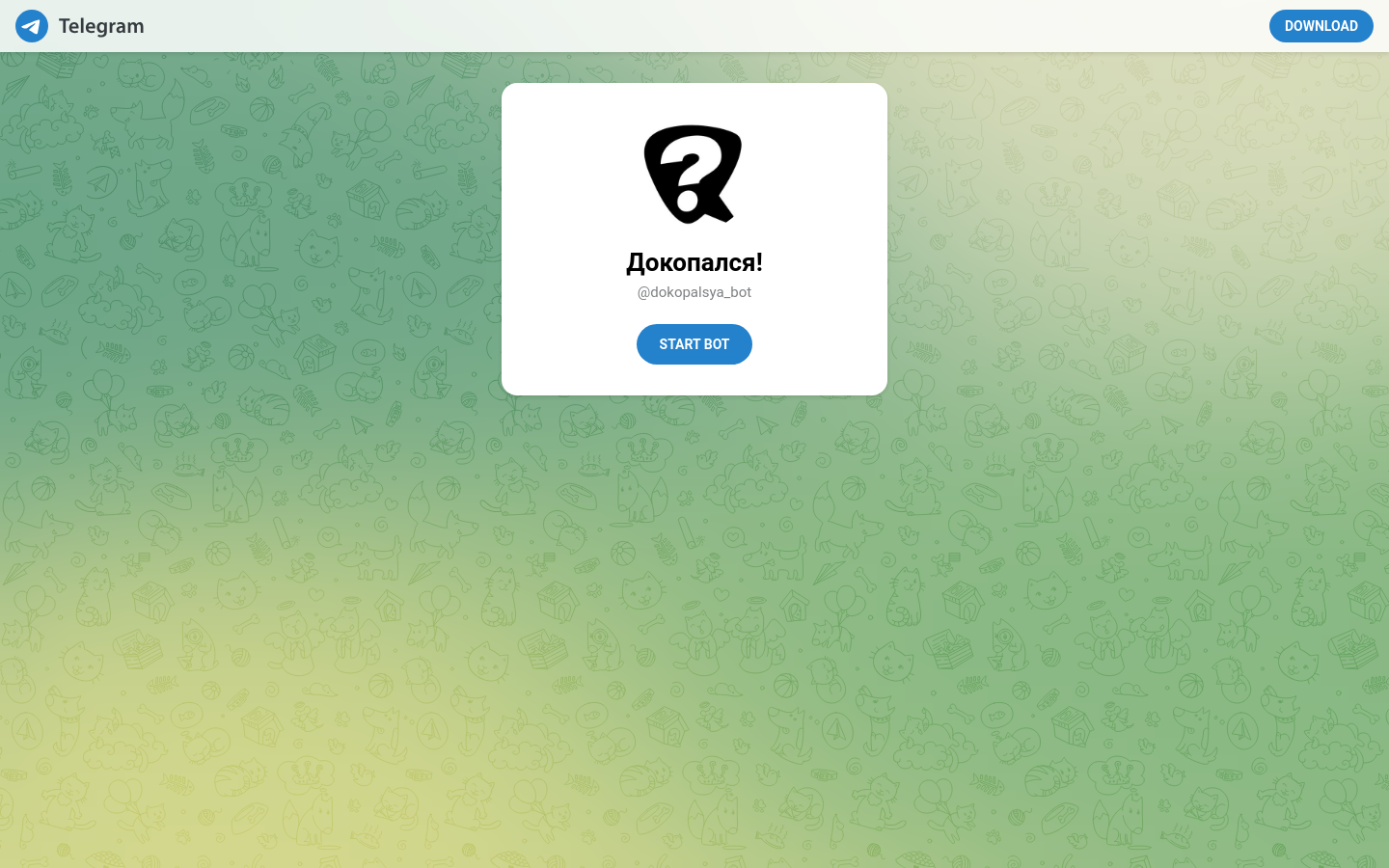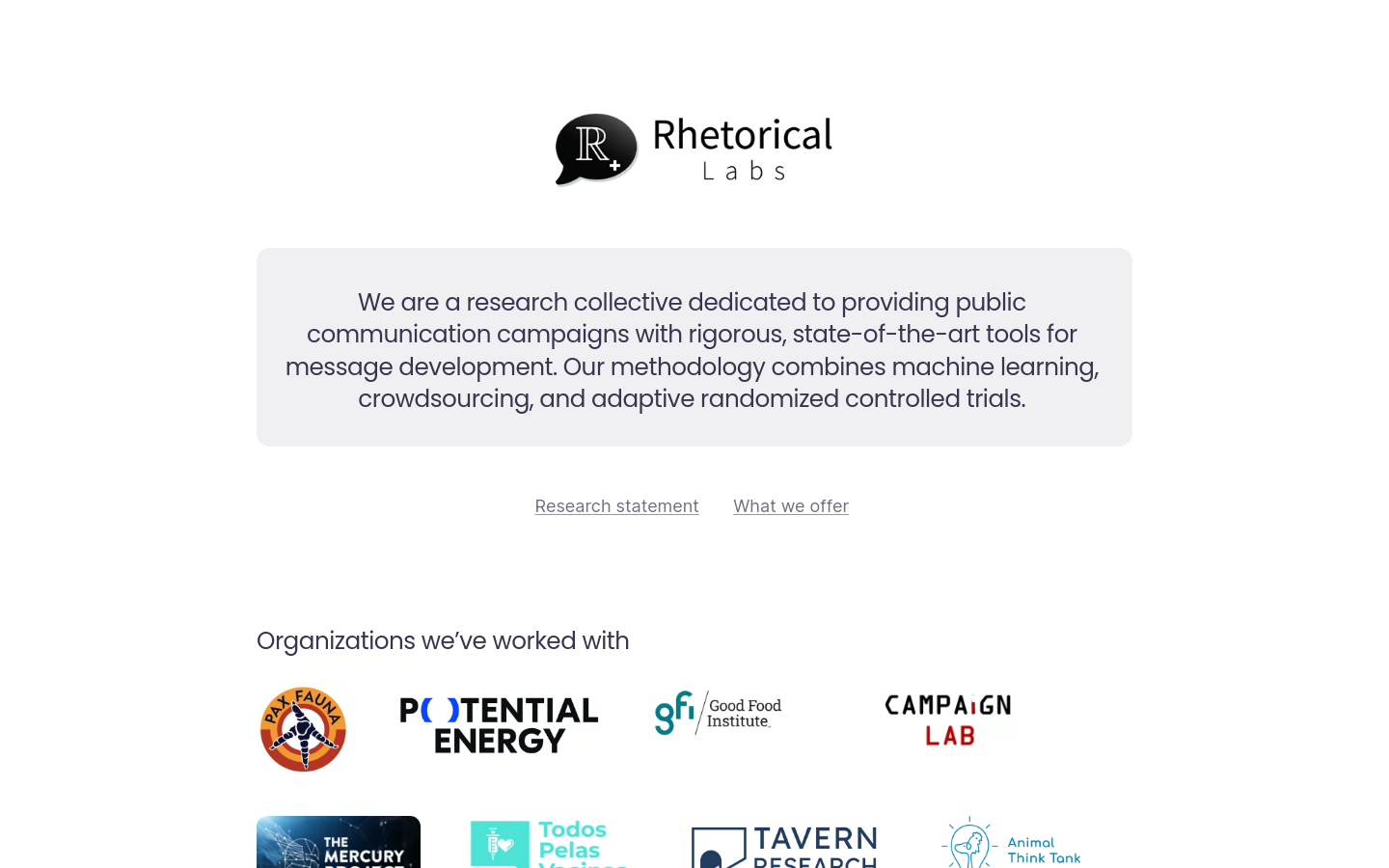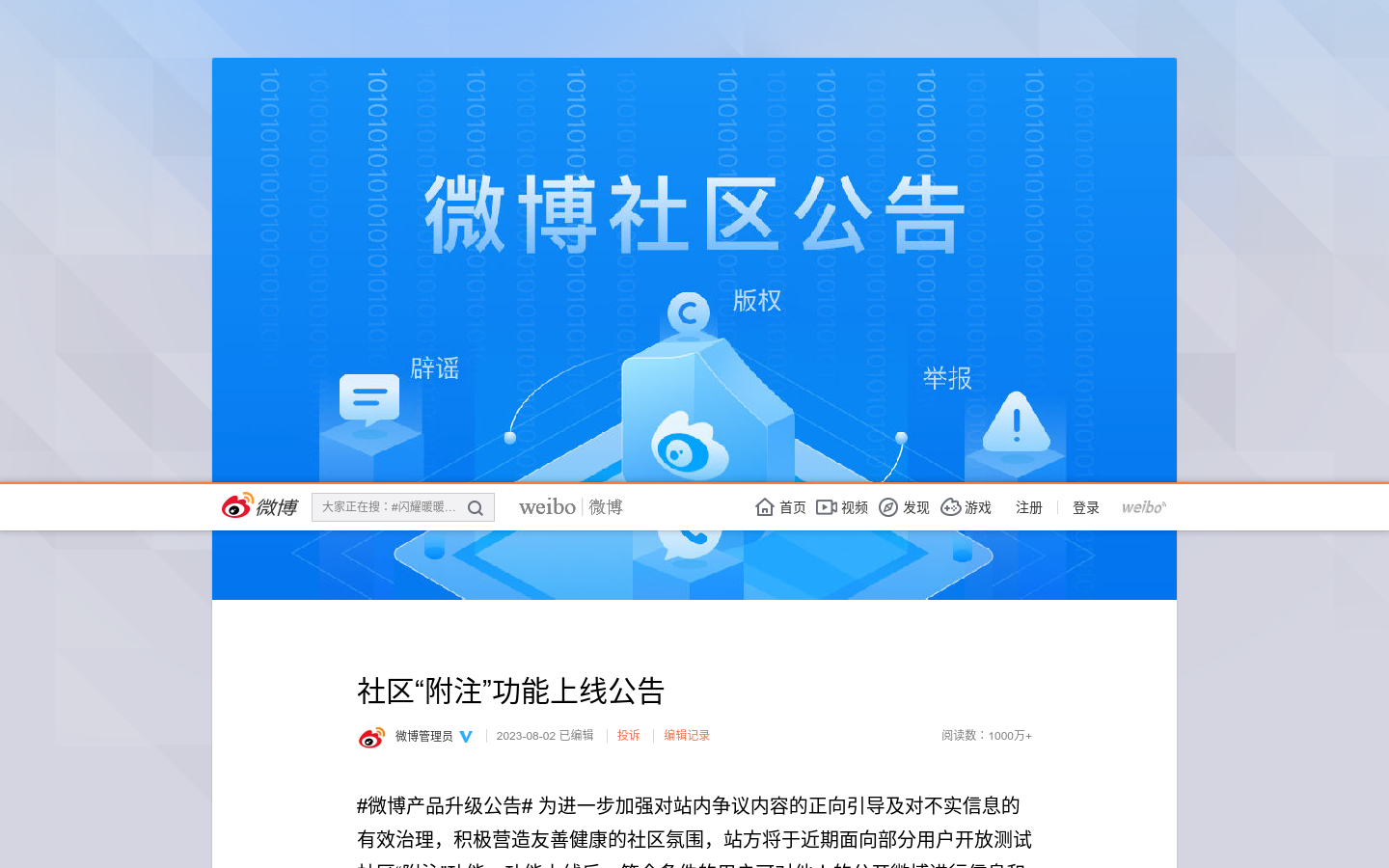Civic Tech Field Guide
Sharing knowledge and productively growing the fieldThe Tech > Media > Fight disinformation - (436)
Disinformation campaigns by states, economic opportunists, and the misinformed themselves threaten to erode the common understandings, shared identities, and empirical bedrock that underlies our collective decisionmaking. While disinformation campaigns have used mass media to spread for many years, social media platforms have proven an exceptionally hospitable environment for the proliferation of falsehoods. Those looking to limit disinformation’s effect on society and bolster truth in media have likewise turned to technology to help keep up with the volume and precision of constantly evolving disinformation campaigns.
Suggested reading:
- Matt Stempeck's research into how the Code for All network has advanced its strategies for fighting disinformation in different contexts around the world (2022)
- Digital Disinformation and Vote Suppression, The Brennan Center for Justice (2020)
- Virus Experts Aren’t Getting the Message Out Renée DiResta in The Atlantic (2020)
- Safeguarding Democracy Against Disinformation Report by the German Marshall Fund of the United States (2020)
- Browser Plug-ins That Spot Fake News Show The Difficulty Of Tackling The ‘Information Apocalypse’ Can software that spots Photoshopped images help stem the tide of misinformation? The Verge (2018)
- Can an AI Fact-Checker Solve India’s Fake News Problem? An Indian startup is using an AI tool to curb misinformation. But India poses unique challenges for the technology. Undark (2019)
- Factchecking, a Quartz Daily Obsession media collage (2019)
- Fake news and fact-checking: 7 studies you should know about, a roundup from Journalist’s Resource (2020)
- The children’s storyteller helping Taiwan sort fact from fiction, a helpful deep dive into disinfo-fighting tech (and misappropriation through national ‘fake news laws’) in Asia. Al Jazeera (2020).
- CivicSpace.tech guide to Disinformation, including its relevance to civic space, opportunities, risks, and case studies (2020)
Showing 436 Results

Deep Fake Transformers
Mozilla, East Evelyn Avenue, Mountain View, CA, USAFakespot is working on a foundational model for detecting deep fake content on the web


CIB Mango Tree
Washington, DCWe are a collaborative and open-source project to develop software that tests for coordinated inauthentic behavior (CIB) in datasets of online activity.

Adobe Content Authenticity Beta
San Jose, California, USAApply secure metadata with information about yourself and your content preferences, directly to your files with Content Credentials.

A report by the Royal Society on the impact of the internet on our information environment, and on misinformation relating to scientific issues

Red teaming large language models (LLMs) for resilience to scientific disinformation
United States of America (the)The red teaming event brought together 40 health and climate postgraduate students with the objective to scrutinise and bring attention to potential vulnerabilities in large language models (LLMs1 ).

Dalil is a web platform enabling faster access to accurate information through AI-powered media monitoring and analysis tools.

Debunker Assistant
Turin, ItalyDebunker-Assistant is your go-to tool for debunking fake news online.

OSP
Armenia (Hayastán)A fact-checking website designed to provide critical support to investigative journalists, fact-checkers, and data journalism experts by simplifying access to information from Armenian open sources.

Sunstorm Foundation
Paris, FranceWe are seeding a future in which truth is a shared asset, and trust between citizens in Europe is fostered by transparency in the digital sphere.

Telegram offers verification for public figures and organizations so that users can easily identify official sources.

Telegram allows public figures and organizations to become verified, so users can quickly identify official sources of information. To further improve transparency on Telegram, official third-party services are now able to assign extra verification icons to user accounts and chats.

Naskvoz
Russian Federation (the)"Naskvoz" (meaning "seeing through" in Russian), analyzes news texts for emotional manipulation techniques and propaganda markers.

Dokopalsya!
Russian Federation (the)Dokopalsya! (which playfully means "got to the bottom of it" in Russian), leverages large language models to serve as a rapid fact-checking assistant in Russian. When users share claims or news snippets, the bot identifies key assertions and checks them against reliable sources, providing evidence-based verification with links to authoritative references.

PGP Monitoring Lab
New York CityPGP’s Monitoring Lab employs several commercially available media monitoring systems that collect and organize publicly available information sources.

Lessons Learned From Monitoring Spanish-Language Vaccine Misinformation During the COVID-19 Pandemic
Erika Bonnevie, Valeria Ricciulli, Megan Fields, Ruth O’Neill, 2023

“I always want to do good with my platform:” Evaluating Influencer Experiences Participating in PGP’s Influencer Programs
United States of America (the)A survey composed of 21 questions designed to collect qualitative and quantitative data on influencers' experiences working with PGP and their respective influencer-led programs.

Trusted Messenger Program
New York CityPGP’s health care professional networks, health care professional training program, and its significant health communications infrastructure form one program: the Trusted Messenger Program.

FEMA Hurricane Rumor Response
Washington, DCThe US government's emergency response department has taken to the internet to fight an unprecedented amount of information about 2024 hurricanes.


Rhetorical Labs
United Kingdom of Great Britain and Northern Ireland (the)We are a research collective dedicated to providing public communication campaigns with rigorous, state-of-the-art tools for message development. Our methodology combines machine learning, crowdsourcing, and adaptive randomized controlled trials.

An open database of conversations ChatGPT had with people who believe in a variety of conspiracy theories, which can be filtered by the efficacy of the conversation in changing beliefs.

Skeptic Reader
Spain (España)Your personal bullshit🤌 detector for the Internet.

Gali Fakta
IndianaA new kind of media literacy game specifically tailored for an Indonesian audience.

Microsoft's program to "preserve, protect, and advance the fundamentals of democracy by safeguarding open and secure democratic processes, promoting a healthy information ecosystem, and advocating for corporate civic responsibility."

Weibo Community Notes feature (社区“附注”功能上)
China (Zhong Guo)Like X and YouTube, China's Weibo platform instituted community notes annotations to fight disinformation on the platform.

有据 (China Fact Check)
China (Zhong Guo)China's first independent fact-checker, verifying international news

Misinformation Combat Alliance
India (Bhārat)The Misinformation Combat Alliance is a cross-industry alliance bringing companies, organizations, institutions, industry associations and government entities together to combat misinformation and fake news and create an enlightened and informed society.

The Project AISLE
Batticaloa, Sri LankaProject AISLE is a hate speech monitoring tool in Tamil and Sinhala developed using Artificial Intelligence.

Get the Trolls Out
EuropeA campaign that harnesses the power of social media to disseminate innovative media outputs and generate dialogue in order to deliver a powerful counter-narrative against diverse forms of hate speech, including antisemitism, anti-Muslim hate, anti-Christian sentiment.

A training program for digital community stewards (online group moderators and admins) focused on building social cohesion in online communities, and creating inclusive, engaging, and safe digital experiences within their online groups.

Hashtag Generation
Colombo, Sri LankaHashtag Generation is a non profit organization and movement led and run by a group of young tech-savvy, socially conscious Sri Lankans advocating for the meaningful civic and political participation of youth, especially young women and young people from minority groups

BridgeBot
GlobalMeet BridgeBot, a new chatbot which helps social media users bridge differences and build trust and understanding online.

The Impact and Opportunities of Generative AI in Fact-Checking
Washington state, USAPaper by ROBERT WOLFE and TANUSHREE MITRA, University of Washington, United States

Democracy Capital
OregonAdvising, Educating, Investing and Partnering in solutions that promote ecosystems we can trust…through information integrity, quality, and transparency (IQT)

Alliance4Europe is operating an information sharing and analysis centre (ISAC), to identify and defend against disinformation threats and to enable scalable collaboration with those who want to defend democracy.

The Internet & Democracy Initiative will study problems that have widespread information and social media implications.


Tech company signatories of the voluntary EU Code of Practice on Disinformation report relevant data on disinformation on their platforms

Turning Wikimedia into a news-site credibility tool
United States of America (the)My new WikiCred project is aimed at making Wikidata/Wikipedia a more effective indicator of news-site credibility.

ElectoFacts
CanadaElectoFacts is a resource that Canadian electors can use to easily check whether information they come across about Canada's federal electoral process is true or not.

The ComProp Navigator
University of Oxford, 1 St Giles', Oxford OX1 3JS, UKThis is an online resource guide for civil society groups looking to better deal with the problem of disinformation.










